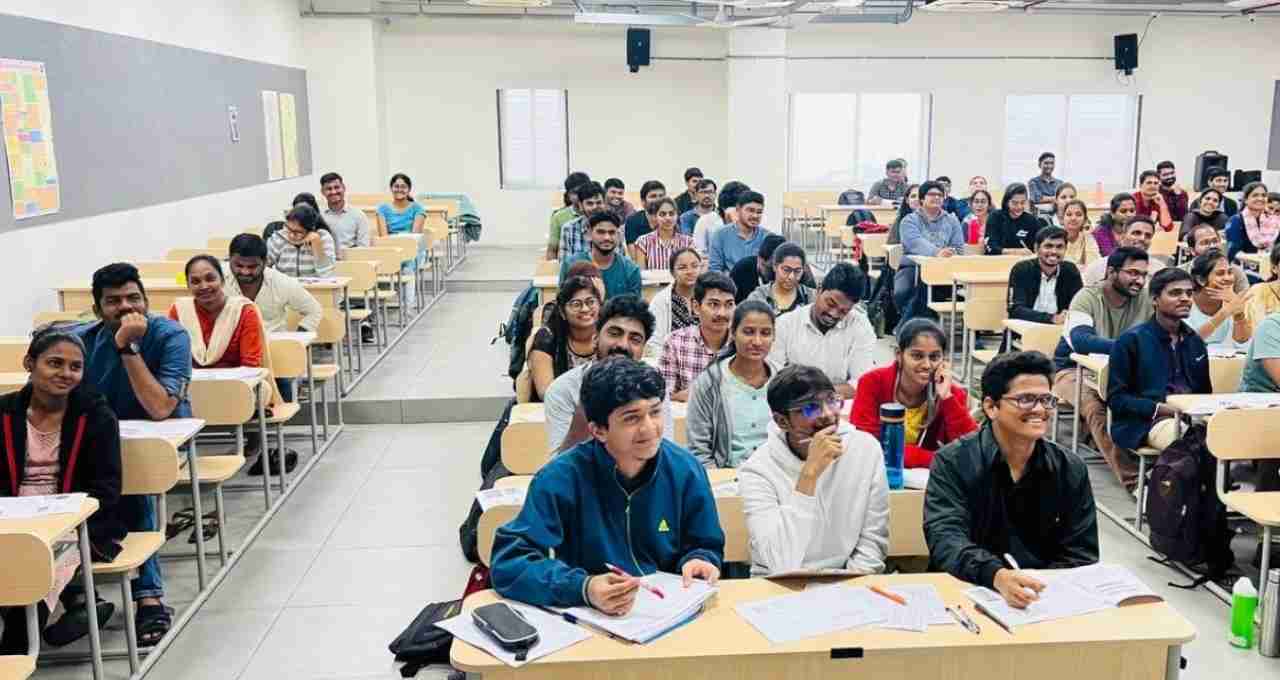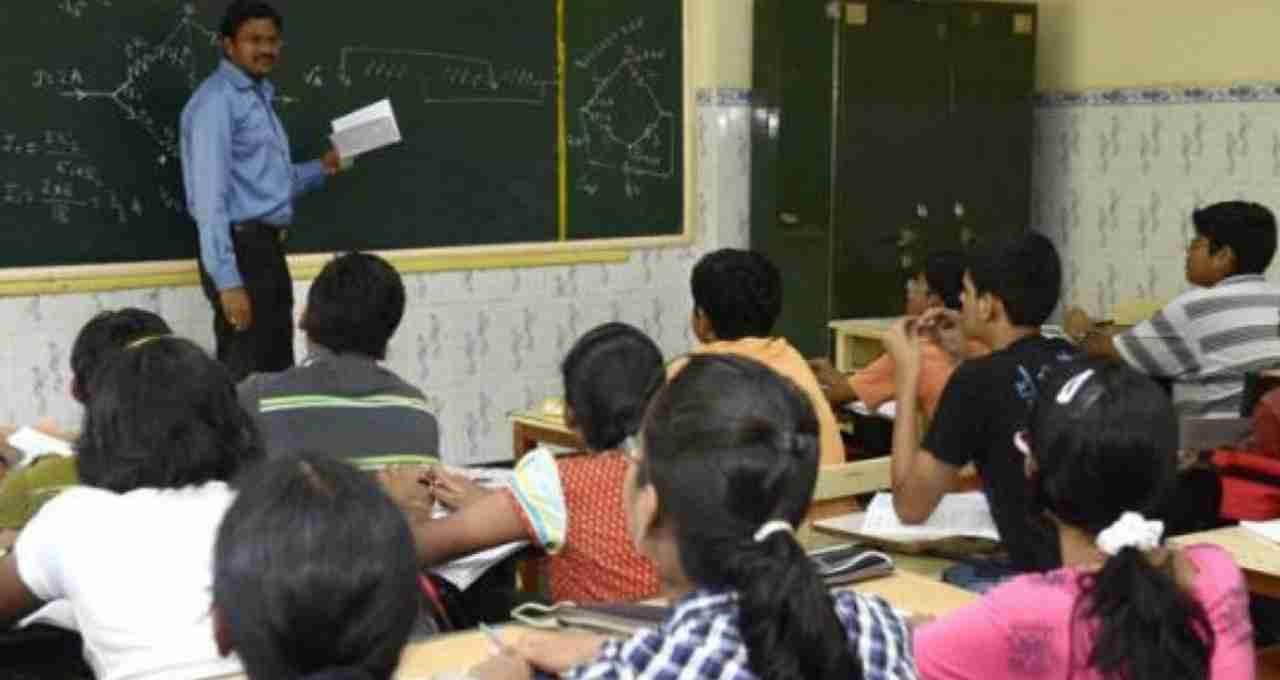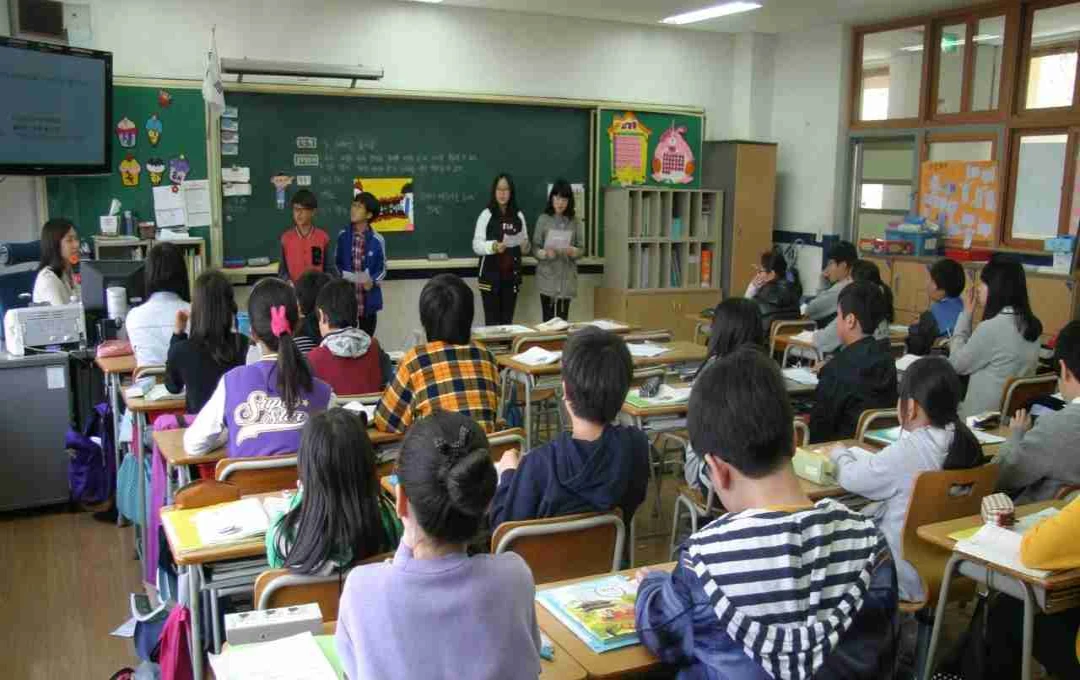A new trend is emerging where a significant number of students are abandoning traditional schooling in favor of full-time coaching institutes.
The face of education in India has drastically changed in recent years. While school education was once considered the cornerstone of a child's holistic development, coaching centers are increasingly becoming the new epicenter of learning. Students, particularly those in grades 9-12, are increasingly opting for full-time coaching, distancing themselves from traditional schools to prepare for competitive exams. This trend has given rise to "dummy schools," where student attendance is merely nominal, with the actual learning taking place at coaching institutes. Taking this growing trend seriously, the Ministry of Education has decided to launch an investigation.
What are Dummy Schools and Why are they Gaining Popularity?

Dummy schools are educational institutions that formally enroll students so they can appear for board exams, but without requiring daily attendance. Students spend most of their time at coaching centers, where they receive intensive preparation for competitive exams like JEE and NEET.
The popularity of these schools stems from the perceived mismatch between regular school curriculum and board exam preparation, compared to the demands of competitive exams. Students and parents believe that the specialized strategies and test series offered by coaching centers can lead to better results.
The Ministry of Education's Strict Measures
The Union Ministry of Education has constituted a high-level committee to investigate the growing influence of dummy schools, the role of the coaching industry, and its negative consequences. The committee includes representatives from prestigious institutions such as the CBSE chairman, IIT Kanpur, and IIT Madras. The committee is tasked with investigating the shortcomings of schools that are driving students towards coaching centers.
School Education vs. Coaching: The Difference
Today's students expect schools to prepare them for competitive exams. However, rote learning, limited practical knowledge, and a lack of analytical skills in schools leave students dissatisfied. Conversely, coaching institutes cover the syllabus rapidly, conduct regular tests, and mentally prepare students for exams.
The committee will investigate whether school education adequately incorporates creativity, analytical thinking, and innovation. It will also assess the level of understanding students gain through formative assessments.
Questioning the Advertising Policies of Coaching Centers
Coaching centers heavily influence students through their advertisements. Images of toppers, scholarships worth lakhs, and claims of success in a short time – all attract students and parents. The committee has been asked to review these potentially misleading advertisements and suggest guidelines.
Advertisements focus solely on the success stories of a few students, neglecting the failures and psychological pressures faced by thousands of others. This is a significant contributing factor to the mental stress, depression, and even suicides among students.
The Need for a Regulatory Framework for Coaching Centers

The coaching industry has become an unregulated sector in the country. There are no set standards or robust monitoring mechanisms. A parliamentary committee recently suggested that the Ministry of Education should create a national policy to regulate coaching centers.
This policy should include aspects like fee structure, academic quality, mental health support, and student protection. It should also ensure that coaching centers focus on the holistic development of students, beyond academics.
Limited Seats, High Competition
A major reason students resort to coaching is the limited number of seats and intense competition. Millions of students take exams like JEE and NEET, but seats are limited to a few thousand. This makes additional preparation crucial for success. The Ministry of Education's committee is also considering how to increase the number of seats in higher education institutions to reduce pressure on students.
The Role of Career Guidance
Many schools still lack proper career counseling or guidance. Students and parents often view only medical and engineering as viable career paths. Therefore, strengthening the career guidance framework is necessary. The ministry plans to provide information about various career options from the school level itself.
Providing students with timely information about alternative and interest-based fields will allow them to explore diverse opportunities instead of being confined to limited options.
Expected Report and Recommendations from the Committee
The committee formed by the Ministry of Education will submit its report in the coming months. The report is expected to include the following recommendations:
Stricter Regulations and Clarity on the Legality of Dummy Schools
- Establishment of a national regulatory framework for coaching centers
- Suggestions to make school education more suitable for competitive exams
- Making career guidance mandatory in the education system
- Expansion and monitoring of mental health services
- A balanced increase in the number of seats










